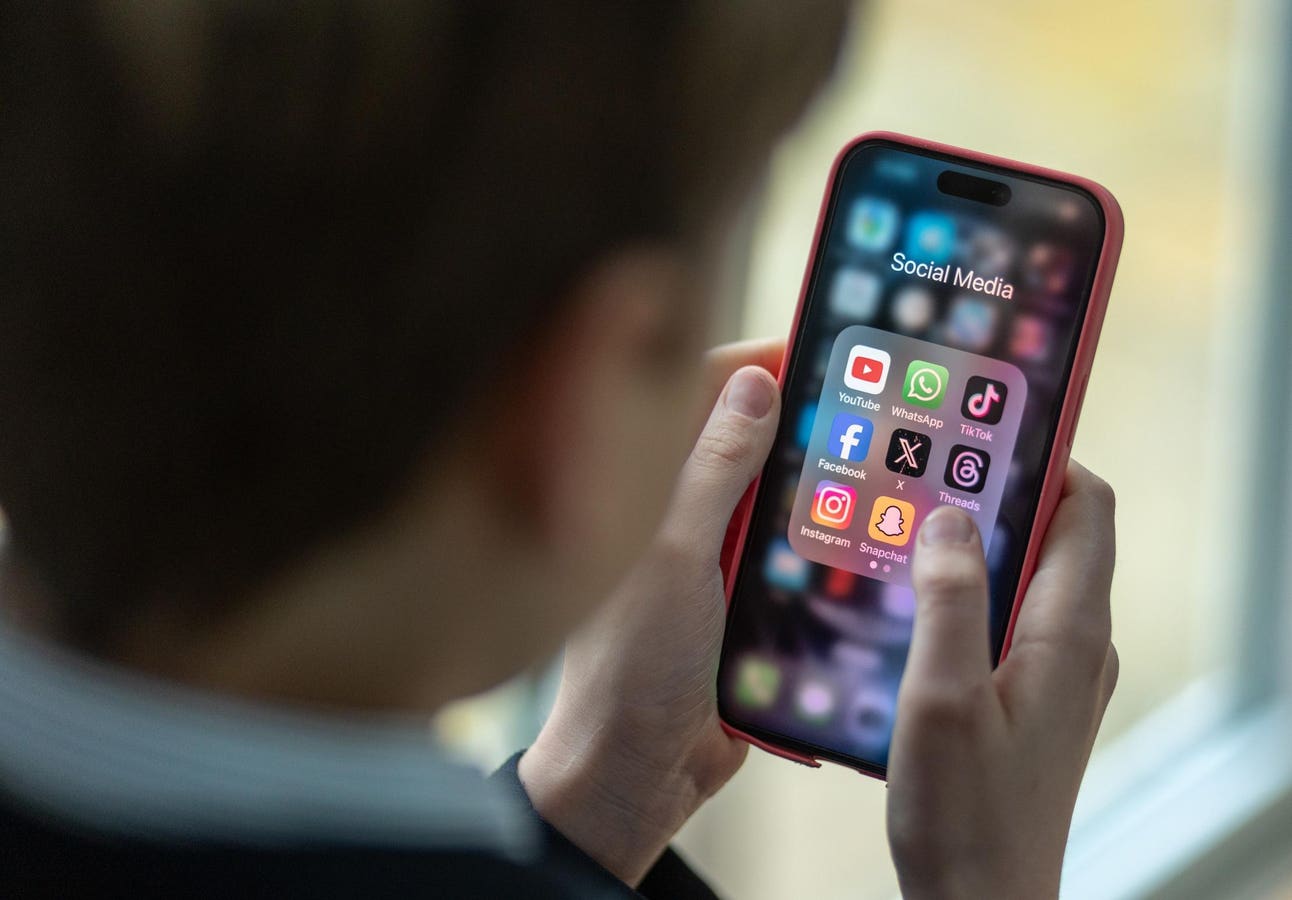One of the biggest predictors of how much time adolescents spend on screens and if that use is problematic is how much their own parents use screens, according to a recent study published in Pediatric Research.
The study examined three year survey data from over 10,000 adolescents in the United States to assess the prevalence of media parenting practices to identify their association with adolescent screen time, social media use and mobile phone use. Researchers in the study also examined whether screen use was problematic, which meant being unable to quite screen use despite wanting to, or if it was interfering with the adolescent’s school work.
Social media and mental health have recently become a popular source of discourse in American culture. Specifically, the U.S. Surgeon General Dr. Vivek Murthy warned the American public about an epidemic of loneliness and isolation just last year.
In a recent interview with ABC news, when asked about contributing factors to loneliness, Dr. Murthy said, “There are a number of factors contributing to our loneliness. Today, we tend to get together less for dinners with friends or with neighbors. We also have more of our time siphoned off by social media and online interactions, which can be helpful in some ways, but can be taking time away from the in-person interactions we used to have.”
It is well known that loneliness can be associated with feelings of anxiety, depression and sleep disturbances. Social media, in particular, can exacerbate feelings of loneliness and anxiety when adolescents, for example, are exposed to unrealistic portrayals of their peers’ lives.
To date, much of the emphasis on social media and mental health has been on adolescent and teen use, with almost no emphasis on parental use. The aforementioned study published in Pediatric Research sheds light on parental screen use and its effect on a child’s problematic screen use. Specifically, the study found that the more parents use screens when they are around their kids, the higher the association with problematic screen use for their kids.
The results of the study underscore the importance of modeling appropriate parental behavior for children. As a society, we are often quick to place blame on children and adolescents for frequent screen use, whether it is social media, video chatting, texting or browsing the internet. As adults and parents, before pointing any fingers, we must also examine our own screen use and ensure we are setting the right example for our children who may be emulating our own potentially destructive behavior.
As Dr. Murthy says, “One in two adults in America are living with measurable levels of loneliness, but the numbers are even higher among young people.”
Loneliness and feelings of isolation are a reality for the majority of the American population. Parents can play a key role in mitigating the effects of this epidemic, primarily by setting an example to their children and limiting their own screen time to be more present in their in-person interactions. In addition to limiting screen time, parents can set boundaries to ensure certain times like meal times and before bedtime are reserved for in-person interactions. Fostering open communication and having conversations with kids about the digital content they are exposed to can create a safe and non-judgmental space to share concerns about online issues. Finally, parents should be pro-active in looking for signs of mental health struggles in their children, which could manifest as changes in mood, behavior or academic performance in school.
There is so much both parents and children can do to foster and augment mental health. It will take a village to combat this epidemic of loneliness.
Read the full article here





